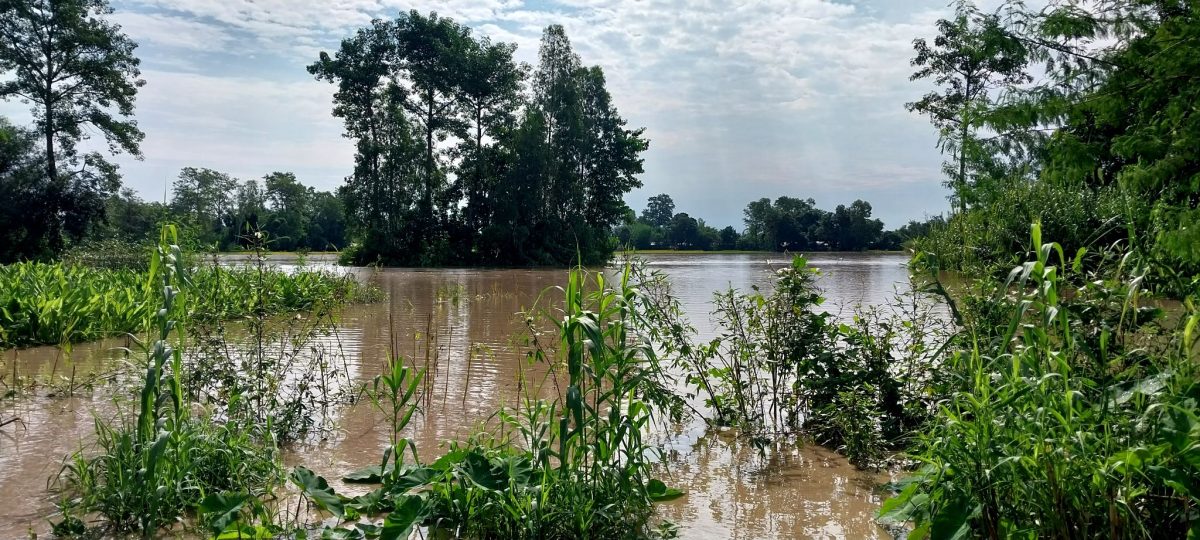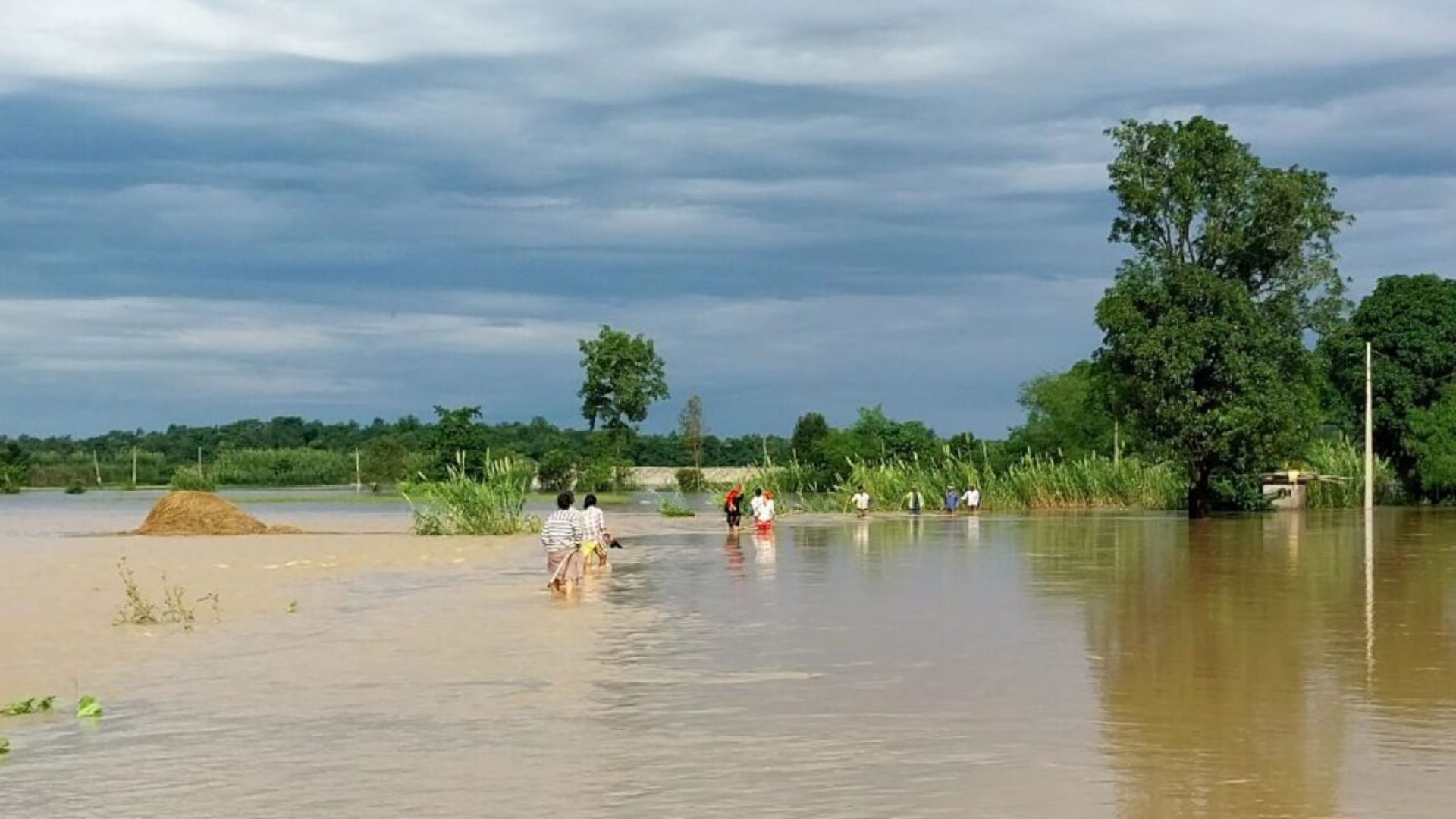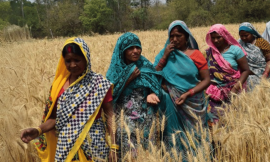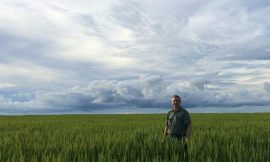Editor’s Note: South Asia is highly vulnerable to climate extremes, with floods displacing over 12 million people in 2022 alone. As climate risks intensify, scalable innovations like index-based insurance are proving vital in bridging the protection gap for smallholder farmers.
A new climate insurance scheme is helping smallholder farmers in Nepal bounce back faster and more confidently after devastating floods, according to new research by impact measurement firm, 60 Decibels.
Led by Practical Action and supported by the Swiss Re Foundation, the InsuResilience Solutions Fund (ISF) and the Zurich Climate Resilience Alliance (ZCRA) through Z Zurich Foundation, the Index-Based Flood Insurance (IBFI) pilot provides fast, automatic payouts based on rainfall and flood data eliminating the need for time-consuming claims assessments.
Bikram Rana, Project Manager for Practical Action’s index-based flood insurance project, said, “This work is more than just financial protection, it is helping farmers plan better, stay in control, and recover quickly rather than being pushed further into poverty by climate shocks.”
Implemented in flood-prone areas since 2021, the scheme has already delivered tangible support. In 2022, nearly 1,000 smallholder farmers received over $28,000 in insurance payouts. In 2024, an additional $2,100 was distributed to around 1,300 farmers, each payout representing 10 per cent of the insured amount.

For Selina Tharuni, a smallholder farmer and insurance beneficiary, the scheme was life-changing:
“When the floods came, we didn’t know how to save our harvest. After the insurance, we got a payout just in time to buy what we needed to recover. It wasn’t a huge sum, but it helped us survive. I feel more secure now.”
The scheme is designed to be simple, transparent and locally relevant. Practical Action worked closely with cooperatives and community groups to build trust and understanding. Farmers receive updates via SMS on river levels and climate risks, as well as training through community meetings.
Unlike traditional insurance, which requires individual loss assessments and paperwork, parametric insurance triggers payouts automatically based on pre-agreed data speeding up recovery times dramatically.
“The insurance helps us face something that happens nearly every year,” said Govinda Rawal, general manager of a local farmers’ cooperative. “It covers critical costs and helps people get back to farming. Seeing them receive the money was a relief.”
With climate change driving more intense and frequent disasters, Practical Action now aims to scale the model to other vulnerable regions and link it to early warning systems and disaster preparedness programmes.
“It’s not just about payouts,” said Rana. “It is about building trust, dignity, and long-term resilience.”
This piece was initially published on Practical Action and has been revised to suit Farming First’s editorial guidelines.
Header photo credits: Practical Action






